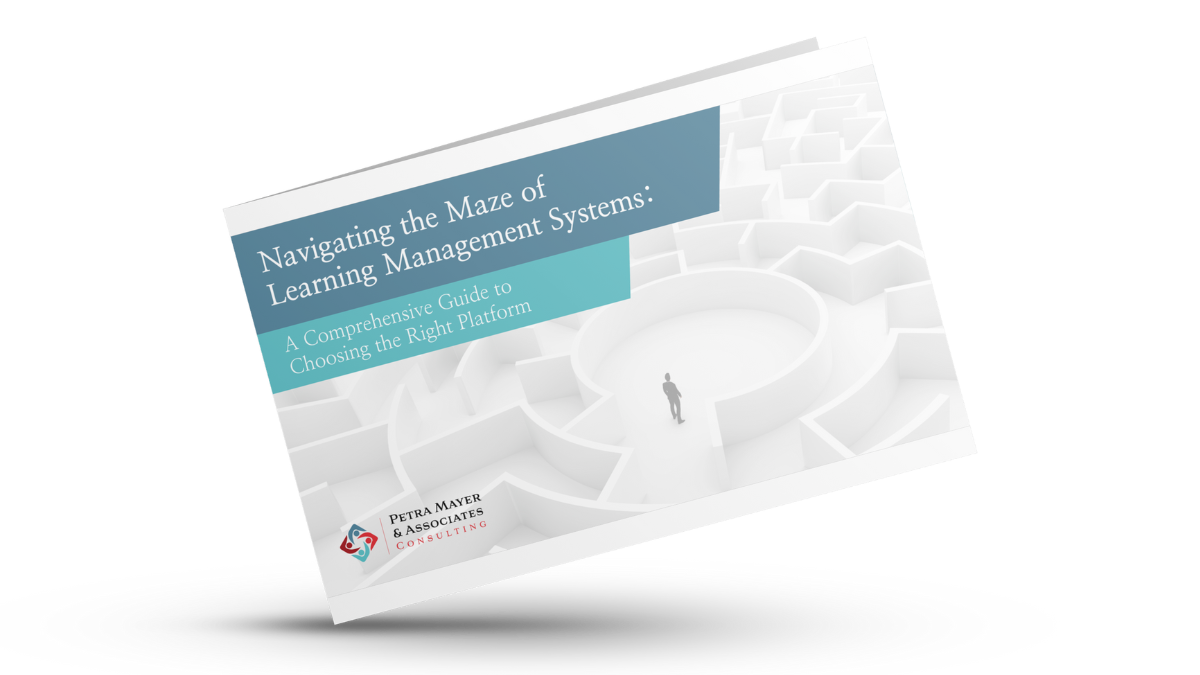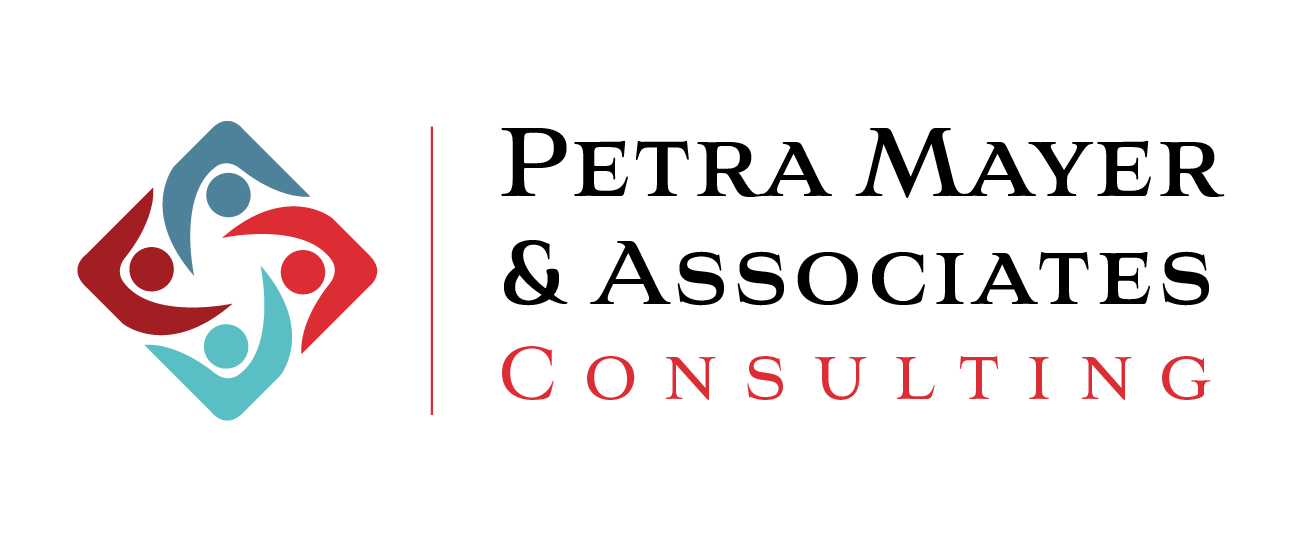Navigating the Maze of
Learning Management Systems
A Comprehensive Guide to Choosing the Right Platform
Understanding the Types of LMS: A Guide to Choosing the Right Platform
Choosing the right LMS can be overwhelming, especially with the different types of LMS available, at the same time, it is a decision that is pricey and has a long-lasting impact. Our white paper, 'Navigating the Maze of Learning Management Systems,' explores these types and helps you find the right platform for your needs.
This document is based on a series of interviews with LMS representatives and our online analysis of the market of Learning Systems. In it, we will introduce you to the five different types of LMS platforms and provide you with a guide for starting your journey as we take you through the maze of Learning Management Systems.

What Are the Types of LMS?
Understanding the types of LMS is crucial for organizations looking to implement an effective learning management solution. Here are five key types of LMS platforms:
Enterprise LMS: Best for large organizations requiring scalable solutions.
Open-Source LMS: Offers flexibility and customization for unique needs.
Cloud-Based LMS: Accessible from anywhere, ideal for remote training.
Virtual Classroom LMS: Perfect for live, interactive online learning.
Corporate LMS: Tailored specifically for employee training and development.
Our white paper dives into each type of LMS and offers a comprehensive guide to selecting the right platform for your organization. Download it now to start your journey through the maze of Learning Management Systems!
Why Hire A Consultant For Your LMS Project?
The Quick Facts
An improperly implemented LMS can be ineffective and simply turn out to be a waste of money. The fact is, the market of Learning Management Systems is confusing. Your team may be simply overwhelmed and lacking the experience of such a project. Working with a consultant can help you navigate the maze of LMS more successfully.
Expertise: a consultant has specialized knowledge and experience in e-learning and LMS implementation. They can provide valuable insights on best practices, industry standards, and trends to help you make informed decisions and avoid common pitfalls.
Needs Assessment: a consultant can help you assess and document your organization's training and development needs and recommend the best LMS solution that fits your requirements, budget, and goals.
Vendor Selection: a consultant can assist in evaluating different LMS vendors, their features, pricing, and support services, and make an objective recommendation on the best vendor for your project.
Implementation & Integration: a consultant can guide you through the implementation process, from planning, configuration, customization, and testing, to user adoption, training, and support. They can also help you integrate your LMS with other systems, such as HRIS, CRM, or ERP.
Quality Assurance: a consultant can help you ensure the quality of your e-learning content, including instructional design, multimedia, interactivity, and assessment. They can also help you establish quality control processes and standards to ensure consistency and compliance.
Performance Measurement: a consultant can help you measure the effectiveness of your e-learning program, including learner engagement, satisfaction, retention, and ROI. They can also help you generate reports and dashboards that provide insights on learning outcomes and impact on business results.
